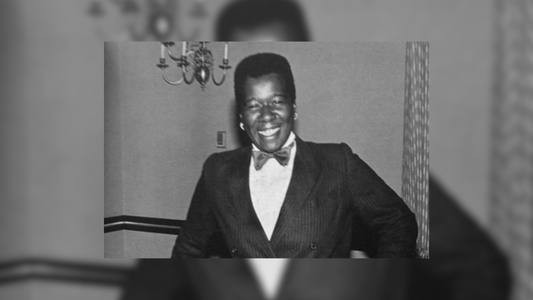Project 2025 is a comprehensive policy blueprint developed by a coalition of conservative think tanks, advocacy groups, and political strategists with the goal of implementing a sweeping conservative agenda should Republicans win the White House in 2024. The project outlines a wide range of policy proposals that, if enacted, could significantly reshape the federal government and impact various aspects of American life. While its proponents argue that these policies are necessary to restore traditional values and reduce government overreach, critics warn that Project 2025 poses significant risks, particularly for marginalized communities.
What is Project 2025?
Project 2025 is a detailed plan that aims to consolidate conservative power in the federal government and enact a series of policy changes across multiple domains, including education, healthcare, immigration, and civil rights. The project has been developed by a consortium of right-wing organizations, including The Heritage Foundation and the American Legislative Exchange Council (ALEC), and reflects the priorities of the broader conservative movement.
The key objectives of Project 2025 include:
- Reducing the size and scope of the federal government: This includes dismantling or significantly weakening federal agencies that enforce regulations related to the environment, labor, and civil rights.
- Promoting "traditional" family values: This includes policies aimed at curtailing LGBTQ+ rights, limiting access to abortion and contraception, and promoting religious-based exemptions from anti-discrimination laws.
- Strengthening national security and immigration enforcement: This includes proposals to increase border security, restrict immigration, and expand the power of law enforcement agencies.
- Revising education policies: This includes efforts to promote school choice, limit the teaching of critical race theory and gender studies, and increase parental control over school curricula.
Why Project 2025 is Concerning for Marginalized Communities
While Project 2025 is framed as a plan to restore conservative principles and streamline government, its implementation could have devastating consequences for marginalized communities, including people of color, LGBTQ+ individuals, immigrants, women, and low-income Americans. Here are some of the most concerning aspects:
-
Erosion of Civil Rights Protections
- LGBTQ+ Rights: Project 2025 includes proposals to roll back protections for LGBTQ+ individuals, including efforts to ban gender-affirming healthcare for transgender people, restrict the rights of same-sex couples, and allow religious exemptions to anti-discrimination laws. These policies could lead to increased discrimination and marginalization of LGBTQ+ individuals in areas such as employment, housing, and healthcare.
- Racial Justice: The project also aims to reduce the federal government’s role in enforcing civil rights laws, which could weaken protections against racial discrimination. Efforts to restrict the teaching of critical race theory and other race-related topics in schools could further marginalize students of color and obscure the realities of systemic racism.
-
Reproductive Rights
- Abortion and Contraception: Project 2025 includes measures to severely restrict or ban abortion nationwide, roll back access to contraception, and defund organizations that provide reproductive healthcare. These policies disproportionately affect women, particularly those from low-income and minority communities who may have limited access to healthcare and fewer resources to travel for reproductive services.
-
Immigration and Border Security
- Immigration Restrictions: The project advocates for stricter immigration enforcement, including increased deportations, expanded use of detention centers, and limits on asylum and refugee programs. These policies could lead to the separation of families, increased human rights abuses, and the further marginalization of immigrant communities in the United States.
-
Education Policies
- School Choice and Curriculum Control: Project 2025 promotes school choice initiatives that could divert funds from public schools to private and charter schools, potentially undermining the quality of education available to students from low-income families. Additionally, efforts to control school curricula by limiting discussions on race, gender, and sexuality could deprive students of a comprehensive education and perpetuate ignorance and intolerance.
-
Healthcare Access
- Medicaid and Healthcare Cuts: The project proposes cuts to federal healthcare programs like Medicaid, which provide essential services to low-income Americans. Reducing access to healthcare would disproportionately harm marginalized communities, exacerbating existing health disparities and limiting access to necessary medical care.
Conclusion
Project 2025 represents a significant shift toward a more conservative and restrictive approach to governance that could have profound implications for marginalized communities across the United States. By rolling back civil rights protections, restricting access to healthcare and education, and increasing immigration enforcement, the project threatens to exacerbate existing inequalities and undermine the progress that has been made toward a more inclusive and equitable society.
As the 2024 election approaches, it is crucial for voters to understand the potential consequences of Project 2025 and to consider how these policies might affect the most vulnerable members of our society. The stakes are high, and the future of civil rights and social justice in the United States may well hang in the balance.




